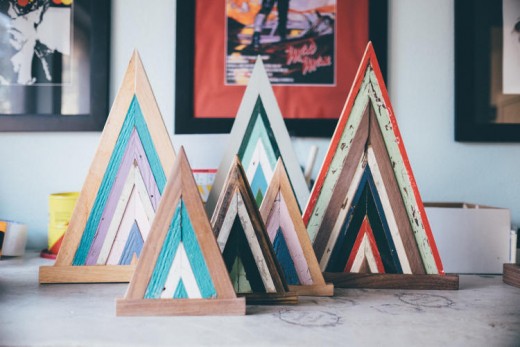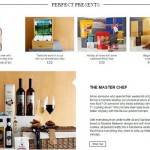How West Elm Became An Unlikely Incubator Of Independent Design
Most independent designers would kill for a mass retailer to sell their work—unless it put them out of business. One of the harsh realities of partnering with large companies—which increasingly see independent design as a way to differentiate their wares from competitors’—is meeting demand. Making 100 of a particular item is not the same thing as making thousands; in many cases, a sudden large order from a retailer could throw the supply chain out of whack. Moreover, buying the materials and supplies to make an order often requires a large investment that can be financially burdensome.
This is the precise scenario that West Elm wanted to avoid when, in 2013, it announced that it would source $35 million worth of handmade products over the next two years, part of company president Jim Brett’s plan to turn around the brand and breathe life into its products. “It was all machine-made, all very clean and simple, and all very soulless,” Brett told Fast Company in 2014. “I wanted to bring personality and soul and handmade into the business.”
So the West Elm Local program is conceived of as an incubator of sorts. West Elm Local director Mo Mullen and her team work with designers to figure out their challenges for growth—such as finding a fabricator or even writing a business plan—and then tackling those hurdles. “We’re constantly in this dance of ‘what works for you’ and we can be flexible about that,” Mullen says. “Part of the reason Local has worked is with every vendor we do an intro interview, which isn’t just about pricing and policy, but also who do you want to be when you grow up? What kind of growth ambition do you have? What does success look like?”
Mullen, who cofounded the design incubator Maker Maker, goes on: “A lot of times when a small business goes to work with a large retailer, they’ll drop one purchase order, and the small business will scramble and try to figure out how to fill it and have lofty aspirations of what it’s going to do for their business,” she says. “Often, it’s more harmful than it is helpful. In our case, we’re able to grow with the small business. [The relationship] doesn’t have to be one specific way or for one short period of time.”
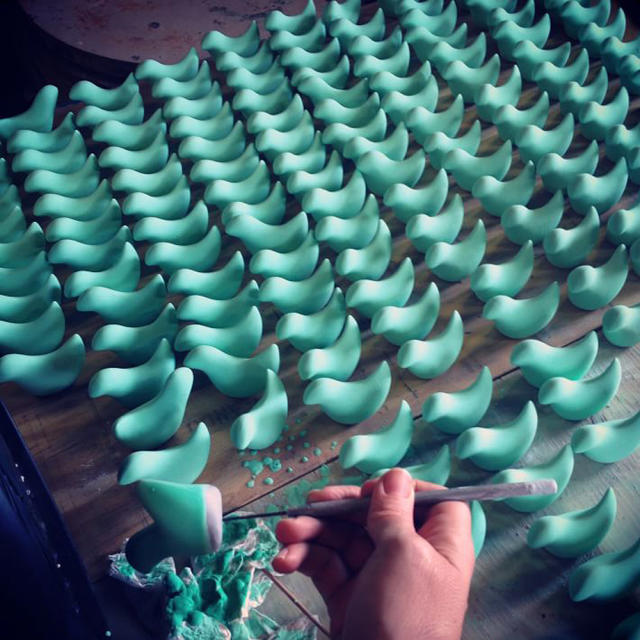
Here’s how Local works: Managers are tasked with finding the best independent designers in their area and introducing their products into the store. This gives each West Elm outpost its own distinct regional sensibility so that a Portland, Oregon, location feels like it belongs in the city and not like it was a cookie-cutter franchise plopped into place. If a product is successful at the store level, then there’s a chance it could be sold nationally through West Elm’s website. Customers have more access to designers they wouldn’t normally see, designers get new customers, and West Elm gains a coveted boutique sensibility that plays well with increasingly conscientious consumers. “Consumers today want to be reunited with the maker—it’s almost a nostalgia for a preindustrial time frame,” Brett said at the Fast Company Innovation Festival last October. “A focus on human connection is a real differentiator today, especially in our digital economy.”
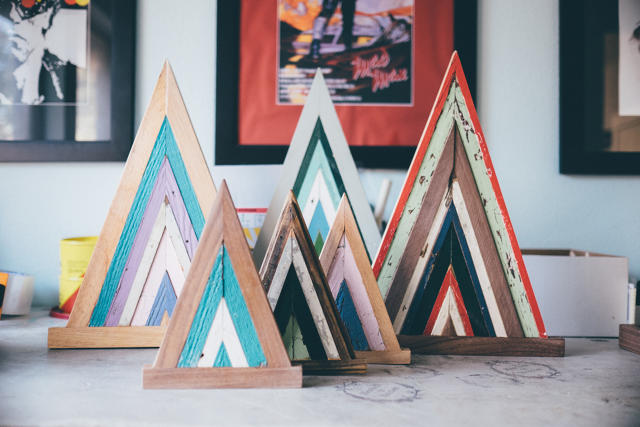
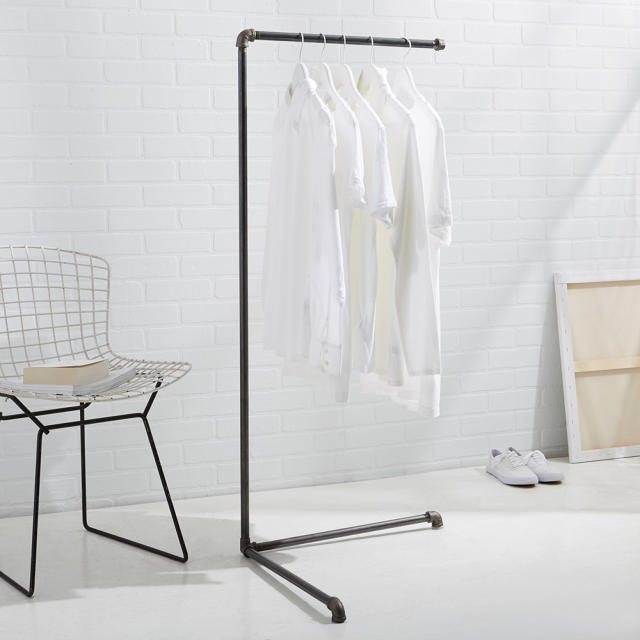
Since its founding three years ago, Local has grown to include more than 500 makers in 78 stores across the United States and Canada. Last month, the company expanded the program with a new advice series called the Makers Toolkit, which offers tips and advice on financial strategies, legal challenges, and how to pitch to media. And the strategy has been good business for West Elm. According to its most recent earnings report, West Elm has turned 24 consecutive quarters of double-digit growth and the company credits Local as an important ingredient in that.
We spoke with some designers in the program about how Local helped with their business ambitions and quelled their growing pains.

Patrick Glynn, Monroe Trades
In 2011, Patrick Glynn moved to New York from Wisconsin and took a bellman job at the Ace Hotel while he figured out what he wanted to do. In the two-and-a-half years since joining West Elm Local’s inaugural group of designers in 2013, he has quit his job at the hotel and now manages his furniture design business, Monroe Trades, full-time.
“I starting building and making things for my dumpy apartment in the Lower East Side,” he says of his foray into design. “Then some friends asked me to make things for them, and I eventually started selling on Etsy. I thought, ‘Wow there’s a market for the stuff I make!’ I wake up everyday excited about that.” Glynn designs and manufactures clothing racks, hooks, shelves, and household accessories using reclaimed materials and industrial pipes. A self-taught practitioner, Glynn learned his craft by asking friends and contractors for tricks of the trade. Until he joined West Elm’s Local program, Glynn was fulfilling orders from his apartment, which posed many logistical challenges, first of which was space. Since he didn’t have a proper studio, it was impossible to keep inventory for parts, which in turn led to less-than-stellar time management.
“There were times I could meet demand, but sometimes I had to turn my Etsy store off,” Glynn says. “I was running around to Brooklyn and Chinatown to buy parts, literally taking carts filled with metal up and down the stairs on the subway.”
The Local program helped Glynn find a proper studio and develop a system that would ensure he could meet the orders that were coming in. Working with the brand helped him to get in his supply chain and also boost publicity via in-store and online sales. “People know West Elm right away,” he says. “It’s given me more credibility and a bigger audience.”
What strikes Glynn the most is how West Elm approaches designer partnerships with a long-term relationship in mind. For example, Glynn recently had a baby and was in the middle of a big custom order with a different client at the time. When he told them about it, they started to back away. “I had to convince them that everything would work out fine, Glynn says. “When I told West Elm, they asked if I needed more lead time for orders, if I needed help finding resources. Instead of backing away, they stepped forward.”
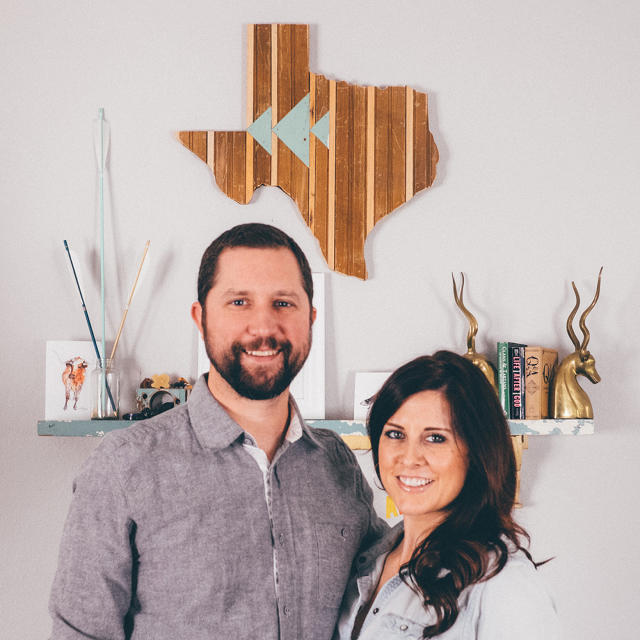
Kristopher and Kelley Denby, Hemlock & Heather
When Austin–based designers Kristopher and Kelley Denby first heard about West Elm Local, they were apprehensive at first. The couple makes wall hangings and furniture out of reclaimed wood, and the local store manager found and approached them about the program via Instagram. They only had one retailer at the time, a mom-and-pop store in Austin, and were eager to expand, but wanted to do it the right way.
“We told them no at first,” Kelley says. “We were so small at the time and didn’t have a plan of attack to grow. We were scared that we wouldn’t be able to fill demand. Over-promising and under-delivering can hurt your brand in the long term.”
“We were also worried that we’d get lost in the shuffle and be little fish lost in a big ocean,” Kris adds. “What has happened is the exact opposite.”
The Denbys worked with West Elm to develop a business plan and to create exclusive products for sale at the store. While Kris and his son work for Hemlock & Heather full-time now, the goal is for Kelley, who works at the University of Texas, to come on full-time. They want the business to expand, but in a way that lets them maintain close ties with their retailers and customers. “We’ve turned down projects that didn’t fit with how we wanted to grow—we weren’t ready at the time,” Kelley says. “West Elm understood and didn’t push us.”

Tippy Tippens, Goods that Matter
The products from Goods That Matter, a New Orleans-based company, are eco-friendly and socially driven. A portion of the sales from the items—such as soap, scarves, totes, and wallets—benefits causes like cleaning up after the BP oil spill in the Gulf of Mexico. Tippy Tippens founded the company about five and a half years ago on Kickstarter. She now sells her goods through her online shop through retailers in New Orleans, and at pop-up markets. Though she wanted to add more sales avenues to the mix, she found that typical wholesale agreements with larger retailers didn’t work with her business model of giving back.
As a designer, Tippens was familiar with making a product but not as much with marketing and fulfilling orders. Through the Local program, Tippens received mentorship on how to refine the operations side of her business and expand her reach. When she hit roadblocks, such as figuring out how to package her products, the Local team offered advice on how to navigate through them. She started selling her soaps through West Elm, and they’re adding stationary and paper goods to the roster later this year.
“We were approached early on by some larger retailers, but at the time it didn’t seem like a good fit,” she says. “Some wanted to go below a 50% margin, and since we produce things in the United States using environmentally friendly materials, it wouldn’t work.” Instead of saying yes to the first opportunities to grow, Tippens waited until she felt comfortable with a retailer’s policy. West Elm’s values resonated with her, especially the code of conduct that everyone in the Local program agrees to. “All of the local makers have to sign and agree to fair treatment [of employees], fair wages, environmental standards, and ethical production,” she says. “The great part is that they embrace the things that are important to my business.”
Tippens also has a few words of sound advice for independent designers who are looking to expand regardless of the retail partner. “If I said yes to those early partnerships [from other retailers], in all likelihood I would go out of business,” she says. “I wasn’t ready for the scale or to take such a large cut in my profit margins. That could have really put me under. Even if something sounds sexy from a big name, you have to really think through if it’s going to be beneficial or not.”
Visit westelm.com/local to discover more maker stories and learn about designers from your community.
Correction: A previous edition misstated Tippy Tippens’s last name. We regret the error.
All Photos: courtesy West Elm
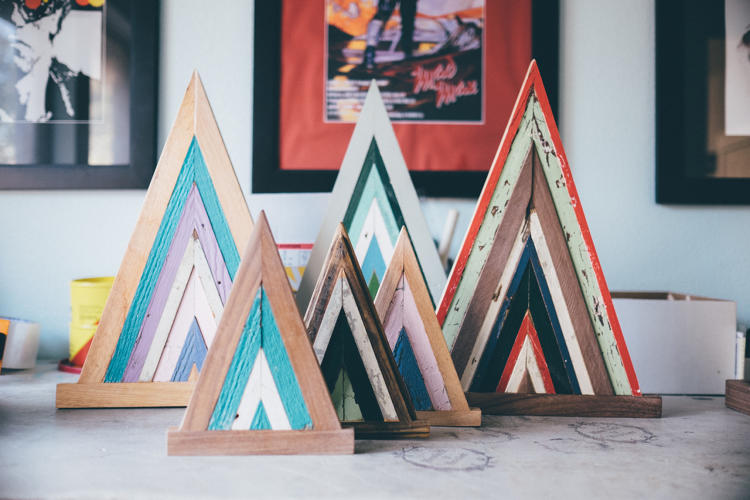
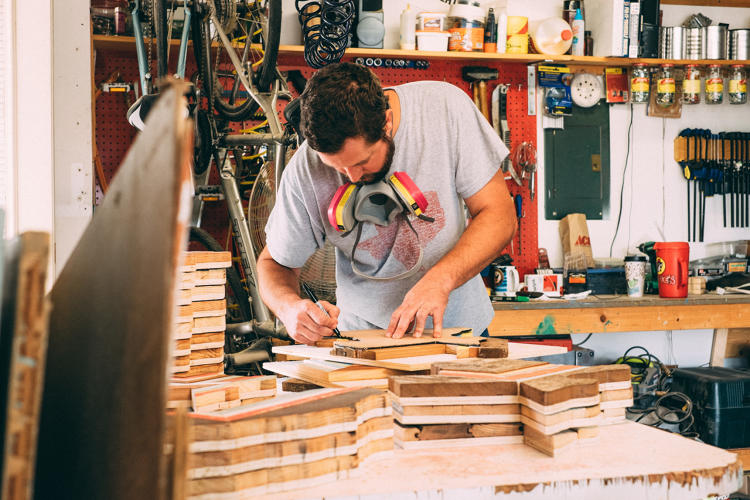
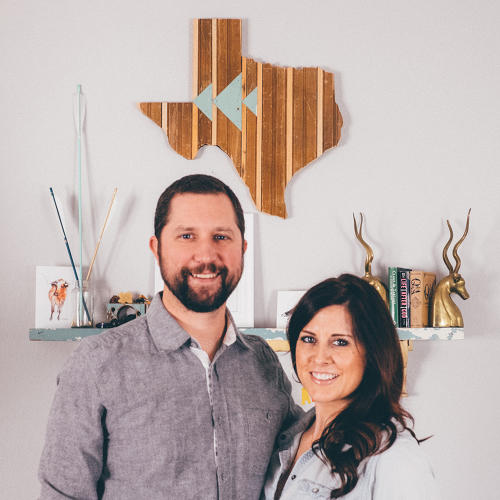
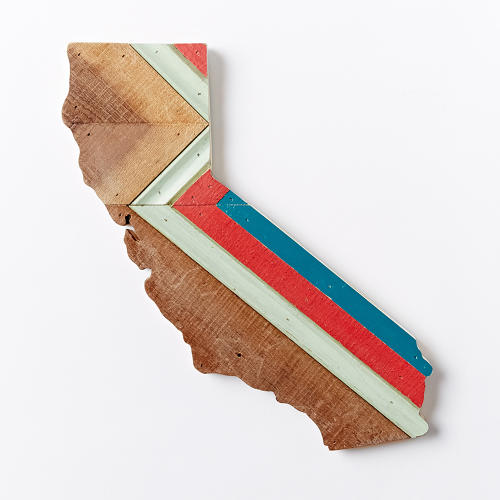
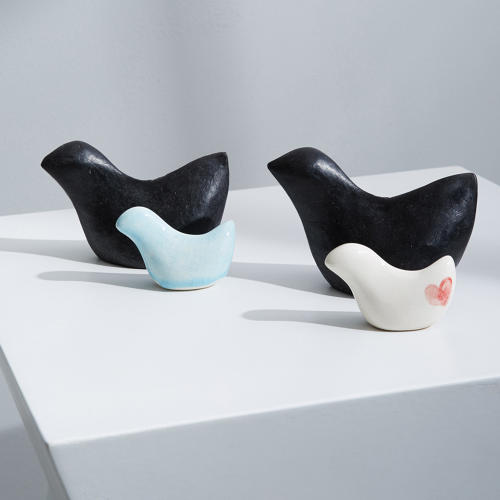
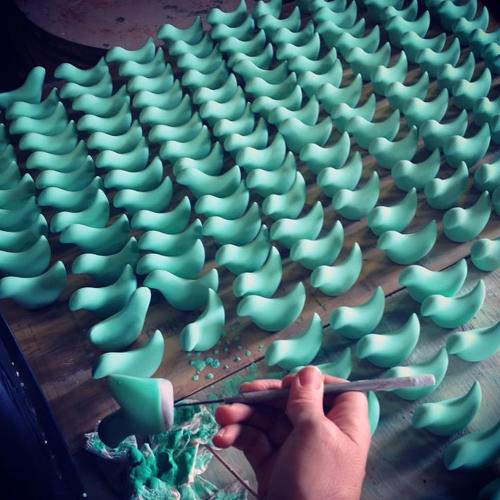

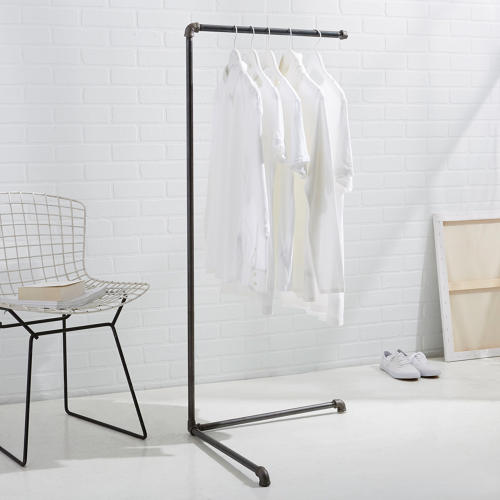
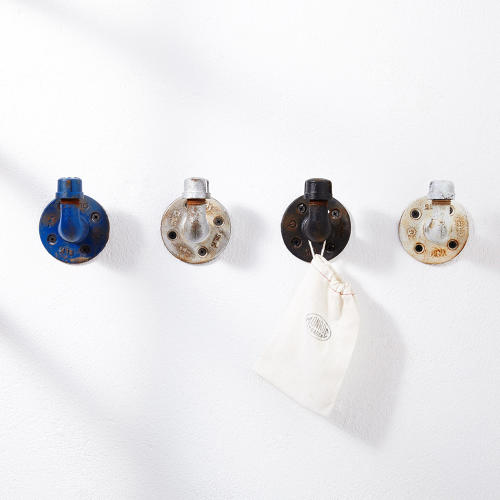
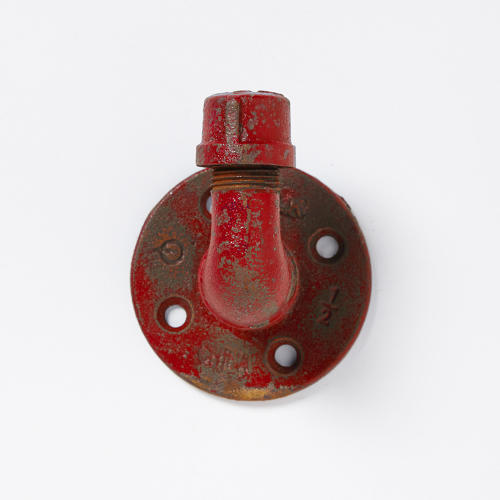
Fast Company , Read Full Story
(67)

